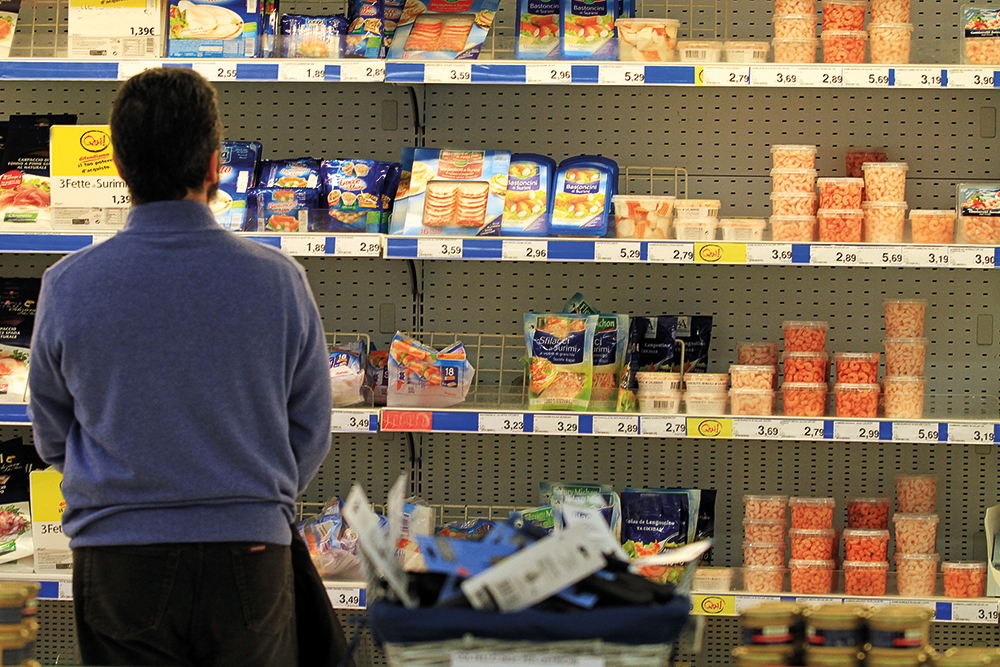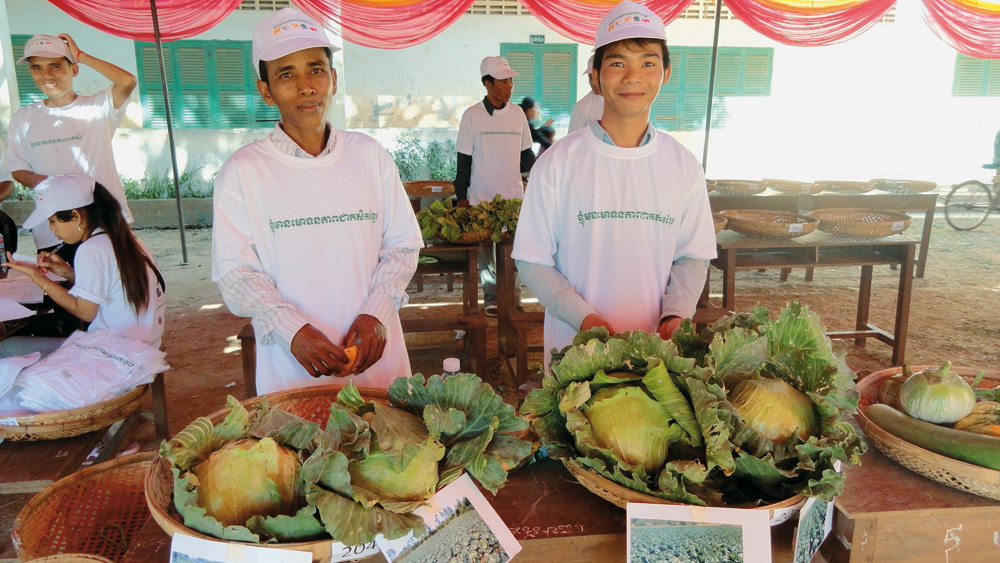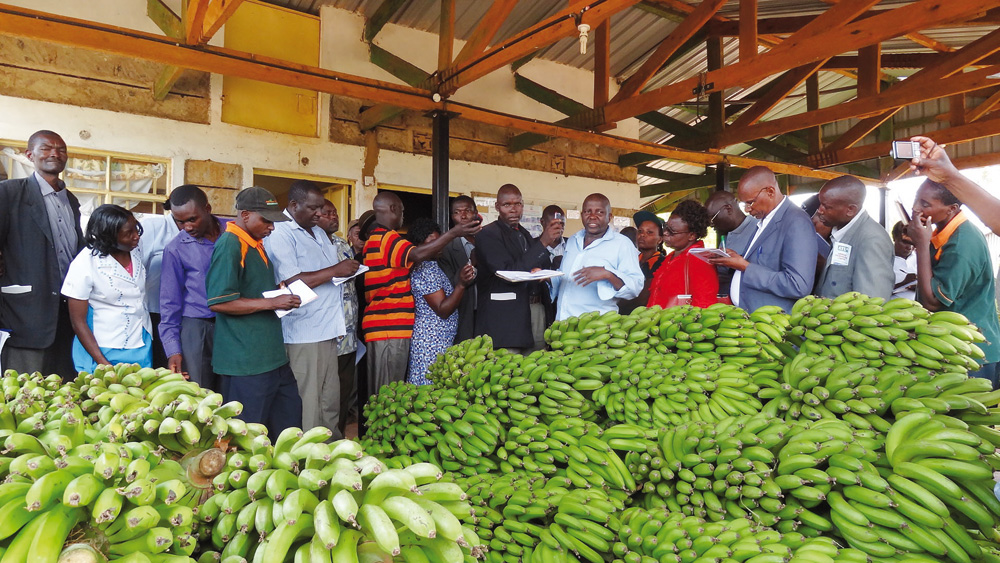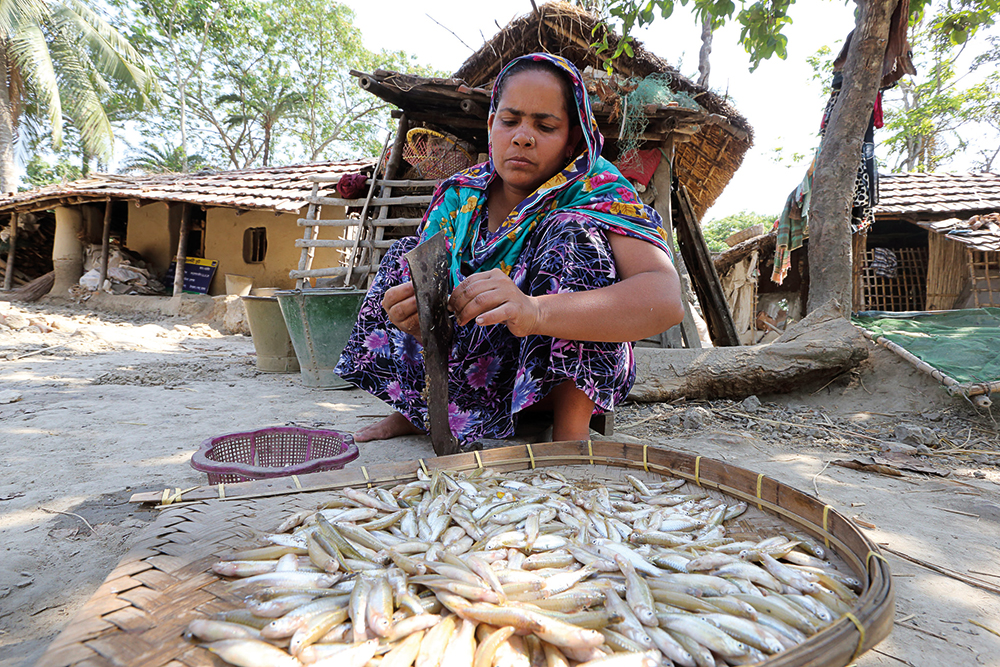Many actors, little coordination
As with other countries, agricultural extension and advisory services (EAS) in Malawi are provided by public, private, and non-profit organisations. While it has become commonplace to refer to this collection of actors as a system, this claim is only valid in the loosest of terms, as many of the component parts do not functionally interact with others in an operational sense, tending rather to function as independent sub-networks within larger national, and international spheres of exchange.











